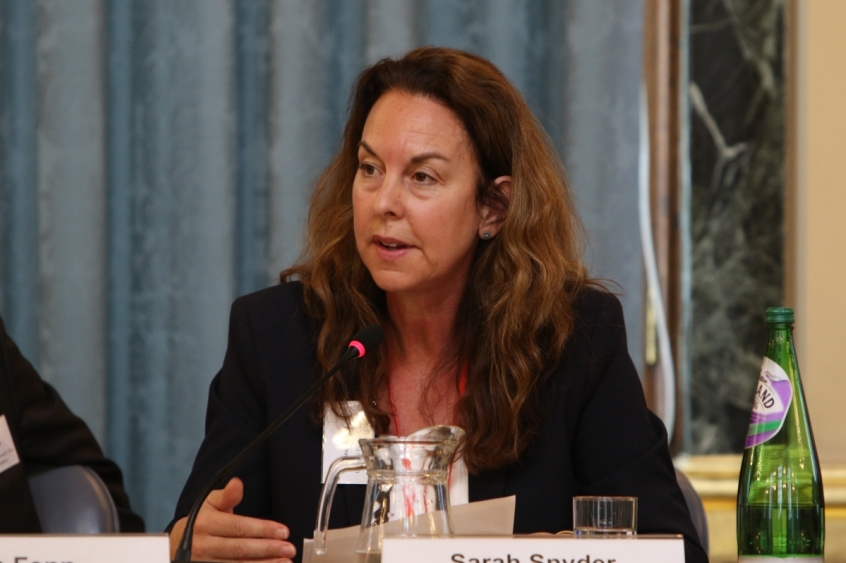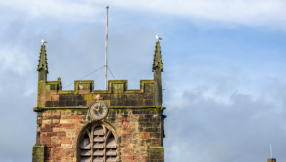
Violent extremism often arises in "deeply religious societies" where sacred texts are "hijacked" to promote extremist agendas, the Archbishop of Canterbury's adviser for reconciliation said yesterday.
Dr Sarah Snyder was speaking at a groundbreaking conference in London organised by the Foreign Office to explore how freedom of religion and belief can help prevent violent extremism by "building inclusive and plural societies".
She said the West sometimes forgets that many of the states troubled by violent extremism are deeply religious societies.
"Religion is not an optional extra, or one dimension among many – it infuses every aspect of life, including the political. The co-operation of religious leaders is vital to the building of inclusive, plural – and peaceful – societies," she said.
"While religion is rarely the foundational cause of violence, our sacred texts and traditions can be, and are, hijacked to promote extremist agendas. Religion – all religions – must be recognised overwhelmingly as a source of peace, not violence. And religious leaders play a critical role in drawing their communities back to these foundational principles."
Dr Synder stood in at the last minute for Archbishop Justin Welby, who was unable to attend.
"In religion, as in politics, leaders have too often abused their power to further corruption, pernicious ideologies and even violence," she said. Yet they can be pivotal to peace.
Religious leaders have access to all ages across all levels of society, she added. Through organisations such as the Mothers' Union, they have access to women who have been proven to be vital to peace and reconciliation.
"Many faith communities across the world are modelling openness, inclusivity and peace every day. We have ample opportunity to build on that work so that not only communities but whole societies become open, inclusive and peaceful places where violent extremism is given less oxygen," Snyder said.
"Religious leaders have the authority to speak into existing conflicts and divisions. Through their presence, they have unrivalled access across boundaries of age, gender, geography, education. And they have the capacity and vocation for action. To engage with religious leaders, of course, requires theological and cultural sensitivity. But the possibilities when we do so are transformative and offer authentic hope."













